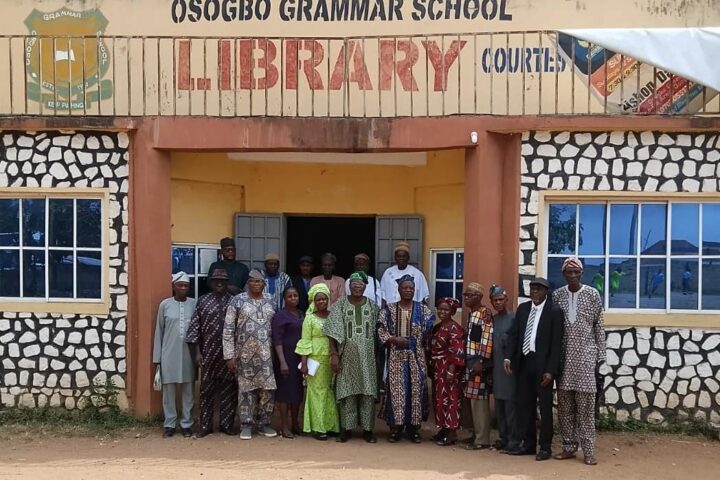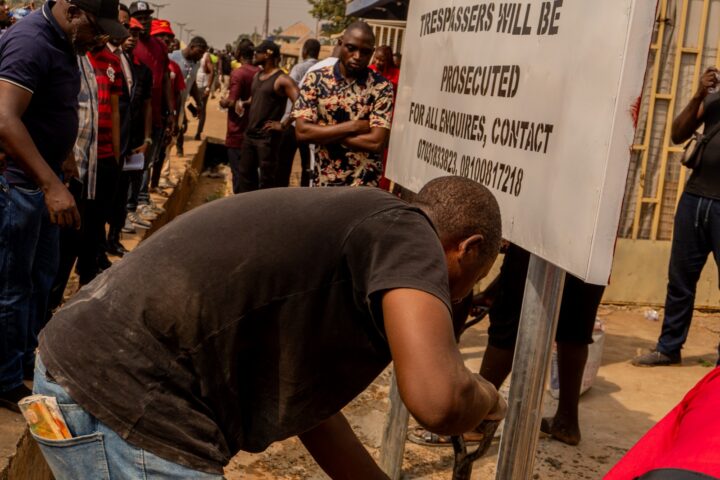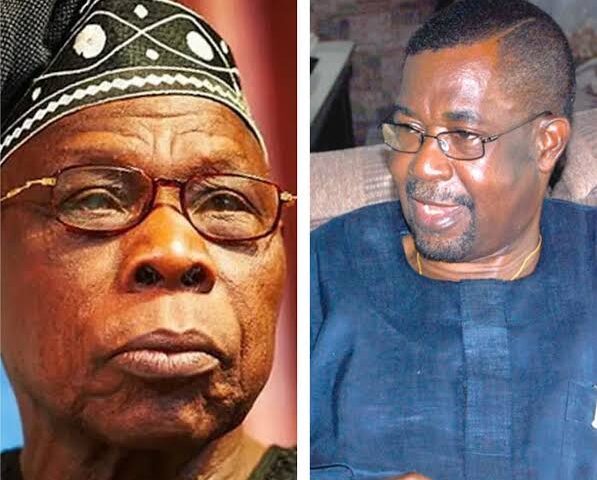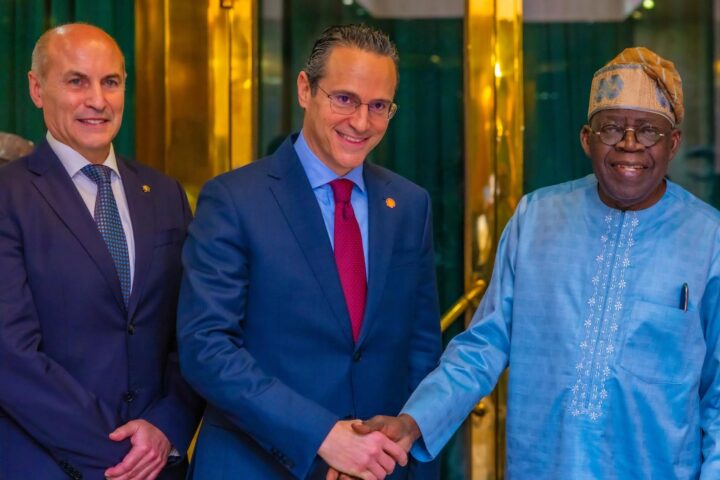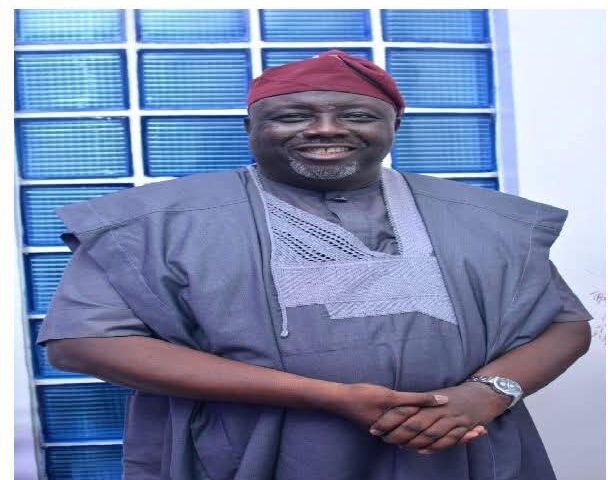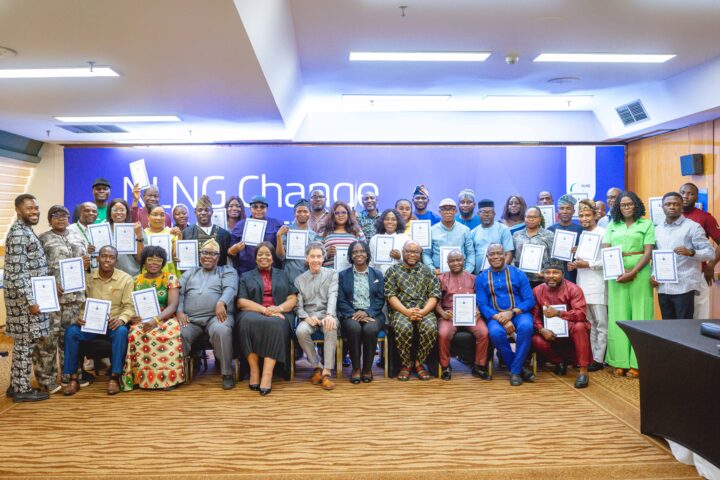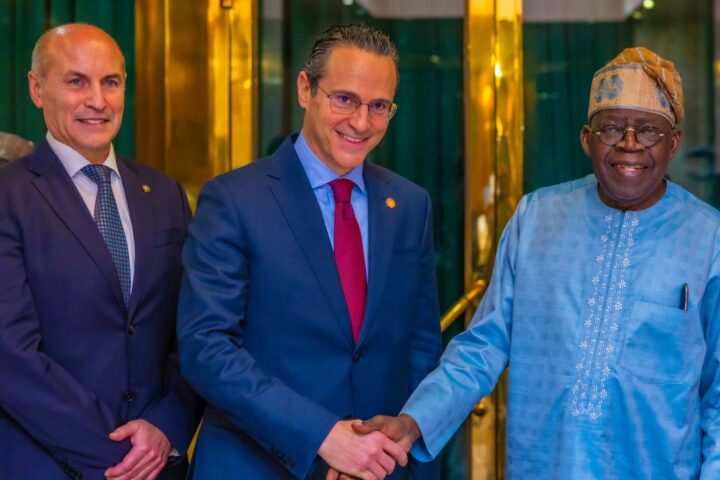
Stakeholders in the civil society has urged the Federal Government to repeal and halt all obnoxious laws, policies, and bills stifling operations of civil society in Nigeria.
They observed that such laws like CAMA,social media bill and hate speech bill are reminiscent of the satanic Decree 2 of 1984.
They advised that government should respect CSOs as a key pillar of democracy accountable to the people, and as development actors in their own rights.
They also said governments should engage with; provide support and emergency assistance to, and take action in defense of Human Rights Defenders (HRDs); hold effective, inclusive and transparent consultations with CSOs regarding national development priorities and guarantee meaningful CSO participation in decision-making and creation of public policies; implement public policies to promote and strengthen CSOs.
Government ,the stakeholders said,should take concrete steps to reverse the trends of shrinking and closing civic spaces in development, to protect and enable space for civil society, including enabling laws and regulations, democratic accountability based on human rights norms and human rights standards, and the full protection of civil society under attack.
The stakeholders expressed these in a communiqué issued at the end of one-day round table discussions on strategy for reversing the shrinking and closed civic space and human rights abuses in Nigeria,organised by CAFSO-WRAG for development with the support of civil society partnership for development effectiveness held in Ibadan today.
The communique was signed by;Tola Winjobi (PhD),Principal Coordinator, CAFSO-WRAG for Development,Kola Hamzat,Coordinator, Civil Society Coalition on Sustainable Development,John Femi Olla,Oyo State Lead, OGP League,Simon Alalade,Coordinator, Committee for the Defence of Human Rights,Cmrd Akinyemi Kehinde, CEO, Mediation Conciliation and Human Rights Center and Thaddeus Ugoh
Director, Advocates for Human Rights and Sustainable Development
The stakeholders also tasked the government to respect democratic country ownership of national development plans, and recognize the importance of the inter-connected themes in achieving Agenda 2030 — civil society voice, eradicating poverty, women’s empowerment, fighting inequality, decent work, climate action and environmental justice
According to them,government should hold effective, inclusive and transparent consultations with civil society organisations regarding national development priorities and guarantee meaningful inclusive CSO participation in decision-making and creation of public policies all in tandem with the UN Agenda 2030 mantra of “Leave no one behind”; and implement public policies to promote and strengthen CSOs
They emphasized the need for civil society organizations to promote, uphold and respect the 8 Istanbul development effectiveness principles by being fully accountable to their development practices.
They said citizens should be proactive in making government accountable, access information and strategically engage government officials for good governance and sustainable development.
They observed that some political prisoners and prisoners of conscience like Ibrahim El-Zakizaky, some journalists (like Luka Binniyat) and civil society actors whose voices are loudest are kept behind bars despite court injunction to release them on bail.
They noted that systemic repressive and oppressive actions have been taken by governments against the civil society.
They added that some of these actions required mandatory registration with difficult requirements for CSO operations; regulatory restrictions and nebulous legislation including hate speech attracting N50 million fine or death penalty; measures banning public demonstrations and processions except for the Nigerian state; poor and limited spaces available for CSO participation; and lack of technical and financial support for CSOs’ effective engagement and operations coupled with donor’s fatigue.
They noted Scores of citizens were killed as a result of protest against police brutality which started around October, 2020 and mostly visible in Lagos, Oyo, Delta and Anambra States, among others.
They added:”It is sad to note that despite the report of the Judicial Panel of enquiry that proved killings at Lekki Toll Gate, government is still vacillating while the spokespersons of government are also denying the killings. Unsatisfactory is the Lagos State Governor’s recent planned but aborted peace walk which ought to have been a walk for justice and truth because there cannot be peace without redressing the injustice that the victims and their loved ones suffered as a result of the endSARS protest.
“We are also concerned about the spate of kidnappings across the country especially as it decimates our students and teachers beginning from Chibok girls, Dapchi girls, Jengebe girls, Chikankara boys, to Afaka students and recently Bethel Students in Kaduna. As a consequence to this spate of students and teachers kidnap, community and parental trust in the education system is shrinking significantly, and access to quality and equitable education is becoming a mirage as some abductees often get killed, some recruited to the insurgency while some girls are put in family way and thus cannot continue with their education. As a result of all these abductions, Nigeria will certainly not attain SDGs by 2030 unless the trend is reversed.
“In the past twelve months (January – December 2021), over 3,125 citizens were killed, 2,703 abducted while 2.9million people are displaced in the entire northern Nigeria including the three geo-political zones and part of the middle belt “.



